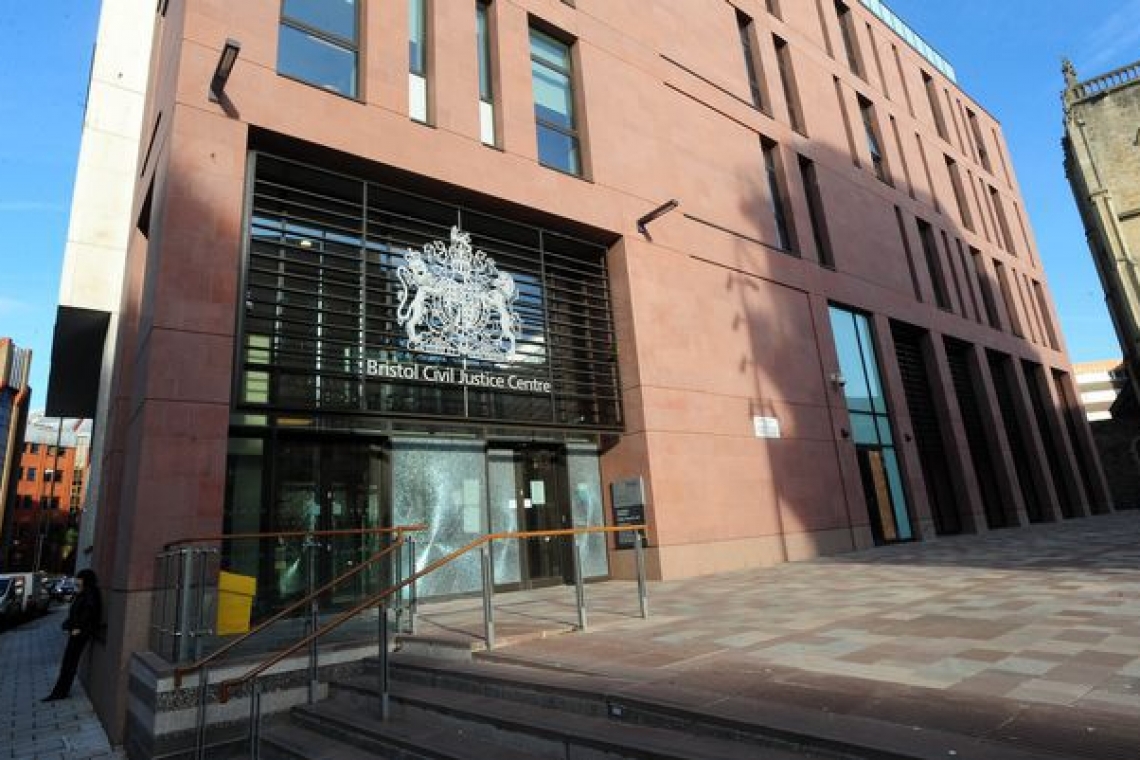Judge reverses costs order after finding that lower court failed to identify the right winner
The High Court has reversed a costs order made in favour of a defendant after finding that the judge at first instance had been wrong to find that they won the case.
Wall v Munday [2018] EWHC 879 (Ch) was an appeal against an order of Mr Recorder Norman dismissing a claim brought by Alan Wall, in his capacity of personal representative of the estate of Bryan Wall, for full beneficial ownership a property bought jointly by the late Bryan Wall and the defendant/respondent, who was his wife when they bought it.
The recorder found that the property belonged beneficially to the parties in equal shares absolutely. The judge also made an order for sale and ordered Mr Wall to pay 80% of Mrs Munday's costs.
 His Honour Judge Paul Matthews, sitting as a deputy High Court judge in Bristol, rejected the claimant’s appeal against the substantive ruling, but allowed the appeal against the costs order.
His Honour Judge Paul Matthews, sitting as a deputy High Court judge in Bristol, rejected the claimant’s appeal against the substantive ruling, but allowed the appeal against the costs order.
The recorder considered the defendant to be the successful party, but HHJ Matthews found the opposite.
“[The claimant] claimed the entire fund, but failed to prove his primary case and was left with his fallback position (severance of joint tenancy) which gave him 50%. Conversely, the [defendant]… refused to share what she had with the appellant, and the appellant was forced to come to court to get anything at all. And if one asks the question posed… ‘who has to write the cheque at the end of the case?’, there is only one answer: the respondent. So the successful party at first instance in this case was the appellant.”
As the judge misunderstood who was the successful party, the appeal court could intervene and make the decision afresh, the judge continued.
“Here the appellant failed on its primary case, but succeeded on its secondary case of severance, which gave him 50%. He then tried to increase this by arguing that there had been a variation in his favour, but failed on that too. However, he made further recoveries in the accounting exercise.
“Under the rules, if the court decides to make an order about costs at all, the general rule is that the unsuccessful party will pay the costs of the successful party, but the court may make a different order. In this case, it seems to me right and just that the court should make a costs order.”
HHJ Matthews ruled that costs should follow the event, but that there should be a discount to reflect the claimant’s failure on two substantial parts of his case, either of which would have given him the whole or nearly the whole of the beneficial interest.
“Significant amounts of time and costs were spent on these arguments. In my judgment, it is therefore right to discount the costs that the respondent must pay to the appellant by 40%.”
Linked Article:
His Honour Judge Matthews denies bias in favour of former school friend


